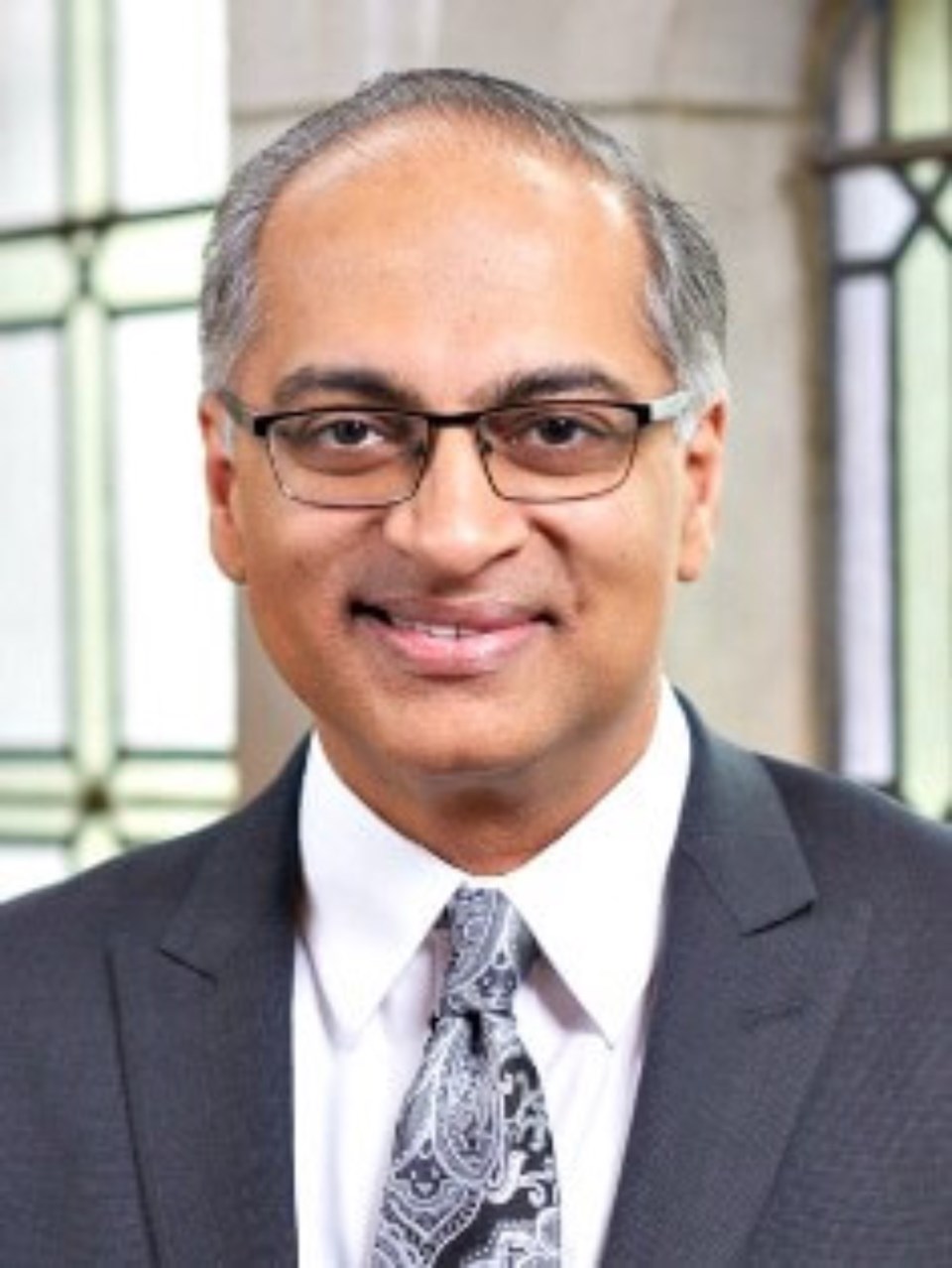Ours is an age obsessed with identity. We define ourselves exhaustively by racial, gender, sexual, ethnic, political, and national identities. We are black, white, gay, straight, Indian, 91原创 and so forth. Work and role-based identities are also important. My own vocational identities include professor, priest, and writer. My roles as parent and husband are also essential to how I understand myself. These and other identities shape and texture our lives and spell out our obligations to each other.
Sadly, attachment to our identities can also cause havoc. We form identities at a cost. Having any specific identity means I belong to this group but not that one. To be Ukrainian means not being Russian. To be a Liberal is not to be Conservative.Problems emerge when our identities generate in-group loyalty and out-group suspicion.
Suppose my identity leads me not just to be loyal to my own but also to be suspicious of and threatened by those whom I define as other. Then, conflict is around the corner, particularly under conditions of real or perceived scarcity. So, identities grant belonging and purpose, but they can also sow the seeds of discord.
Can we cherish our identities without permitting them to become toxic? If so, how? Might our religious or spiritual identities be of help? A vigilant reader may ask, “Are you kidding me?! Haven’t religious identities been the most toxic of all? Have we not seen decades, even centuries, marked by violence between Protestants and Catholics, Christians vs. Muslims, and so forth?” Fair question! Yes, religious identities can be even more problematic than all the others, but religious identities also contain transformative possibilities.
Every major religious tradition holds resources for reconfiguring and transforming our identities. Religious traditions possess strategies for creating kinship across deep divisions. For Jews and Christians, there is the shared affirmation that all people, without exception, are made in the image of God. This identity of divine image-bearer is more fundamental than all our conventional identities.
Certain strands of Hinduism affirm that we are all intrinsically divine, that our true and innermost self, our atman, is the Infinite Reality called Brahman. The identification of our innermost self with Infinite Reality means that we are all divine without exception. Likewise, Buddhists can affirm that all things and not only persons, without exception, possess Buddha-Nature. These are our ultimate identities; they bind human beings together where conventional differences threaten to divide.
When our religious traditions are working, they remind us that our ultimate identities matter more than our conventional identities. However meaningful they may be, conventional identities come and go. Conventional identities are malleable and impermanent. Human beings are more than these identity labels. When we cling to our identities, we become imprisoned within them.
When religious traditions are not working, religious identities become yet one more conventional identity, an identity often weaponized against other religions—a recurring form of religious pathology.
If wearing the identity label “Christian” matters more to you than being a follower of Jesus, who commands us to love neighbour and enemy alike, then your Christianity is broken. If your caste identity matters more to you as a Hindu than the truth that all persons are equally divine, then your Hinduism is likewise broken. Religious traditions have the power to transform our conventional identities; they ought not to become yet another source of distorted attachment.
Our future as endangered creatures who share a fragile planet depends on the work religious traditions can perform to call us home to our ultimate identities, identities that can bind and heal rather than divide and wound.
John J. Thatamanil is Professor of Theology and World Religions at Union Theological Seminary in the City of New York. He is also a Priest and Diocesan Theologian of the Diocese of Islands & Inlets (Anglican Diocese of British Columbia). He is, most recently, the author of Circling the Elephant: A Comparative Theology of Religious Diversity. He splits his time between living with his wife and son here in Victoria and living with his daughter in Manhattan. His research centers on how Christians can learn from the practices and insights of other religious traditions.
You can read more articles on our interfaith blog, Spiritually Speaking at /blogs/spiritually-speaking
* This article was published in the print edition of the Times 91原创 on Saturday, May 13th 2023



